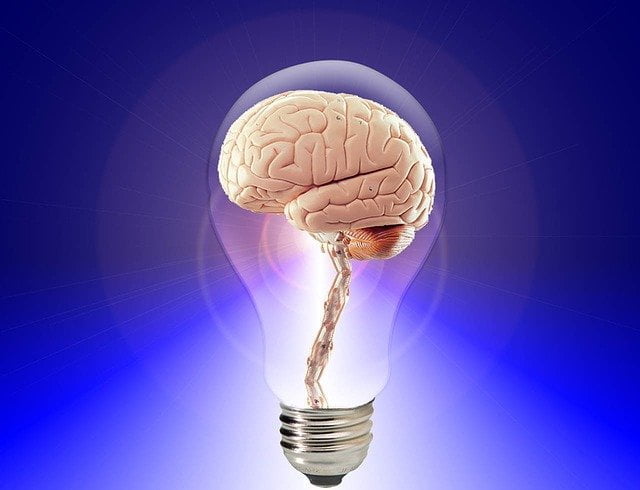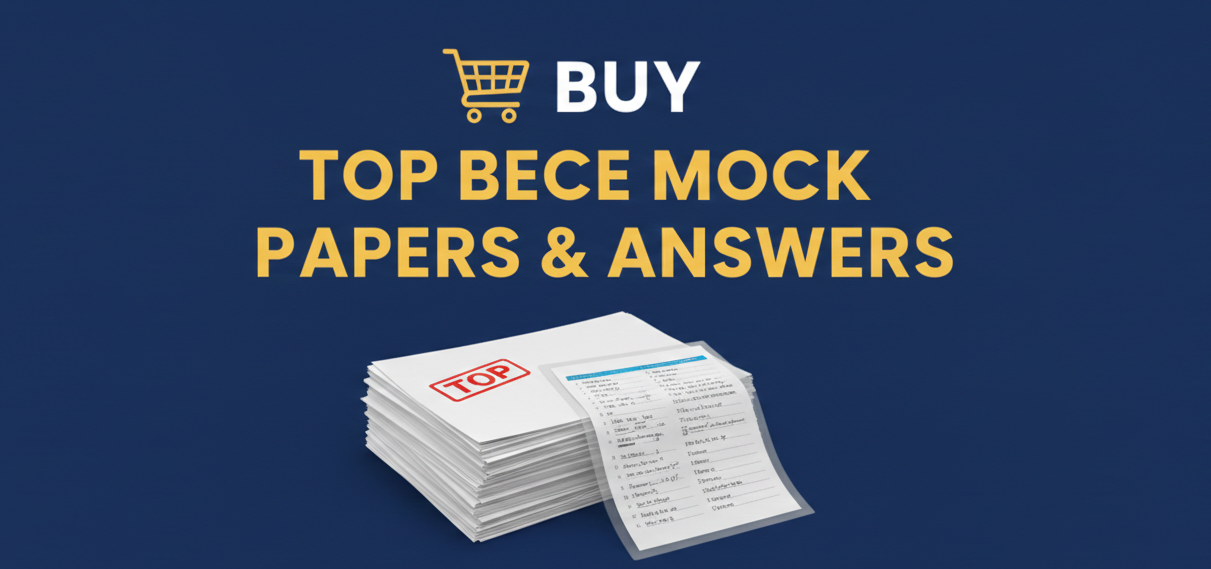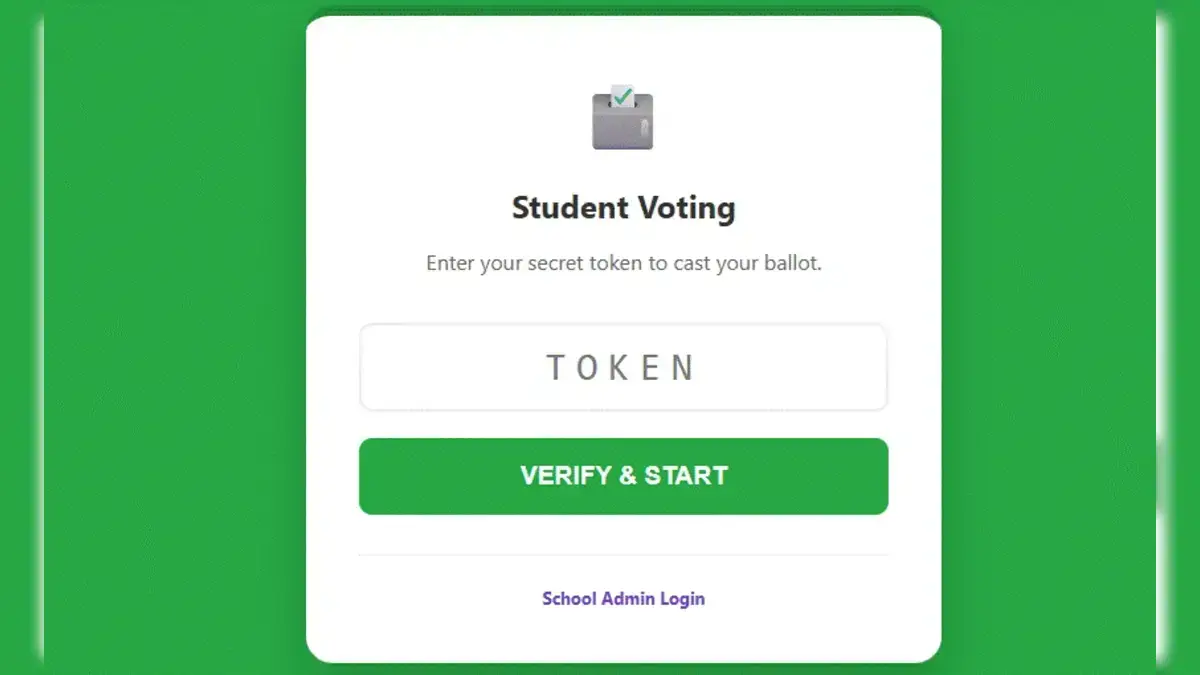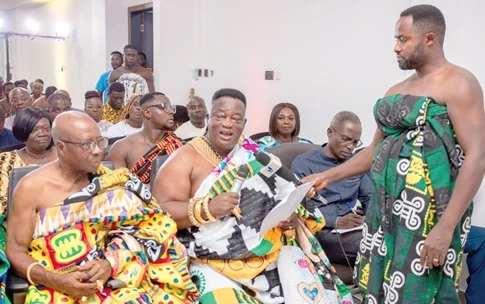Good Memory Techniques for BECE and WASSCE Candidates

Learning can be fun if you know the good memory techniques that work for you. These learning skills can add value to the hard work and efforts of students preparing for the BECE or WASSCE.
However, for many students preparing for the examination is as difficult as mastering the right learning techniques. For others, knowing the learning techniques and mastering them is an enormous task.
Hence many students do not do well in their tests or end-of-semester BECE or WASSCE or college examinations.
Being brilliant is not enough, knowing how to learn a particular topic, subject or material can make all the difference.
If you spend an hour studying and can recall just a minute portion of the entire material, it can be demoralizing and may make you feel all the effort was a mere waste of time and energy.
In this study and exam tips article, I will help you discover some good memory techniques to use to study.
You may be conversant with some of these techniques. Increase their use and perfect them.
We hope the techniques we share will make learning easier and more fun.
Learn small amounts at frequent intervals
Some students have the perception that they must always sit for long hours to learn. This is not always the case. One of the good memory techniques to use is to learn in small amounts.
You can study by committing a bit of time for a little of the entire content and gradually, you will be covering a great portion of the content.
If you plan to learn for two hours, break it into smaller sessions of say 45 minutes and 15 minutes break for the first one hour. Then you can do another 30 minutes with 5 minutes break then another 25 minutes.
Now, what if you are on your way somewhere? For instance, if you are waiting for a bus to get full, while not bring out your summarized notes and read through? This can be a fun way to learn. Today, there are summarized notes on science, economics, English in small packs or pocket-size books. Having these books in your bag can help whiles traveling.
If you do not have this, you can take pictures of the main book or scan them with your phone and make your own pdf. You can read from these while on public transport.
Record your notes while reading them
Make audio recordings of your reading subjects, definitions, and explanations in your own voice. This was one of my favourite methods while in school.
This is an amazing way to quickly learn a lot at any point in time. Get your mobile phone with enough memory and carefully read your notes or textbook whiles you record it.
Make sure none of the readings are more than 15 or 10 minutes and save them with the correct names or headings.
Read: 7 Reasons Why Students Fail WASSCE and BECE Each Year: 8 Rules On How To Avoid Exam Failure
At home, on public transport or anywhere you may find yourself ideal. You can listen to the recorded notes instead of your favourate music.
Some of the best times to listen to these notes are early in the morning, on your way to school, and in the evening when you are about to sleep.
If you record your notes for one week, two weeks, three weeks, soon you may not need the textbooks. Before you know it, you are reciting from memory the notes just as you used to do with your favourate song.
Make your own notes
Making your own notes can help you increase your understanding of the content you are learning. The notes you make reflect your understanding of the lessons or subject matter.
You will agree with me that, understanding something makes it easier to remember. So, do your best to make notes and keep them short. If you can recollect the notes, there is a high chance that you can recall the facts in the textbook using your summarized text.
Highlight key facts in your text and Visualize
Make your notes visually exciting by using colours to make key facts easily recognizable on pages. Visualize what you are memorizing by creating a mental picture of the knowledge you are attaining from the content.
Use rhymes, songs, word associations
You can use rhymes, songs, word associations’ etc to increase your ability to retain what you have learned. Do you remember My Very Eye May Just See Under Nine Planets?
Yes, that is an example. What about REECAL for those who did accounting and had to prepare Profit and loss accounts and a balance sheet? R for Revenue, E for direct Expenses, and another E for indirect expenses. They help you prepare your P&L account. The balance sheet is easier to arrange using the CAL aspect where C – Capital, A- Assets, and L- liabilities.
Create your own examples of rhymes, songs, word associations, etc as you learn. These help record in memory the things you learn easily.
Check this vacancy: Job Vacancy For Assistant Head Teacher
Test yourself
Another way to improve o your memory is to test yourself regularly. Put yourself in an examination condition and take a test based on what you have learned.
This practice will help tease your brain to reproduce what you have learned. This is an easy way to improve your memory. This is no doubt one of the good memory techniques.
Read: Multiple-Choice Test Strategies: How To Always Choose Correct Answers
Conclusion:
In all these, dedication, focus, and desire to succeed must drive your actions. If you can learn small amounts at frequent intervals, record your notes while reading them and play them back as a way to learn, make your own notes, and put into action all the good memory techniques, shared here, you should be able to study with fun for your upcoming BECE or WASSCE.
Image by PublicDomainPictures from Pixabay
| LATEST EDUCATION STORIES |
| [display-posts posts_per_page="10" include_date="true"] |
| View All Breaking News → |


 2026 BECE Projected English Language Topics For Students
2026 BECE Projected English Language Topics For Students  Ghana’s First E-Voting system for Schools and Institutions launched – Say Goodbye to Paper Ballots
Ghana’s First E-Voting system for Schools and Institutions launched – Say Goodbye to Paper Ballots  BECE 2026 School Mocks & Timetable | Education-News Consult
BECE 2026 School Mocks & Timetable | Education-News Consult  Southsore University unveils innovative-led African sovereignty initiative
Southsore University unveils innovative-led African sovereignty initiative